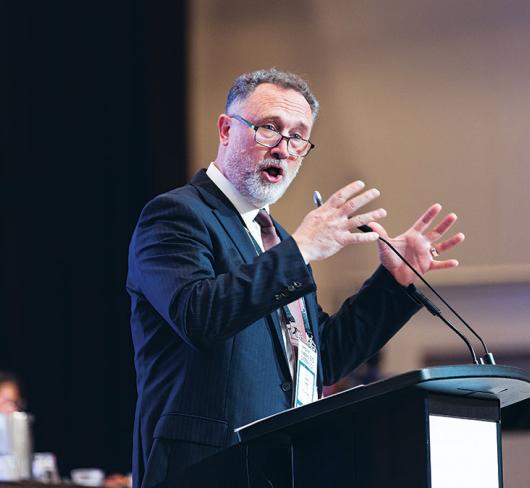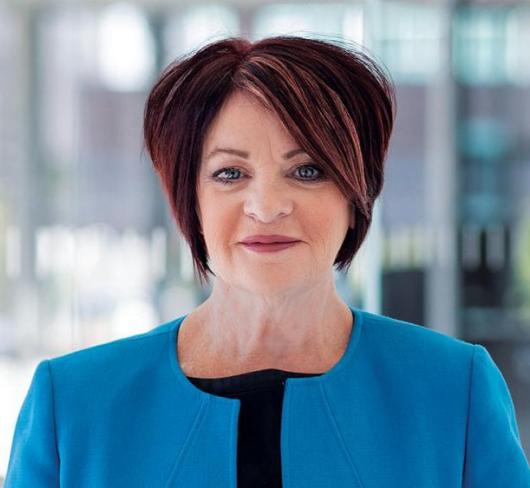Professional Learning: Closing the Gap (From the General Secretary)
As a teacher federation ETFO supports your work in many ways: negotiating salaries and working conditions; promoting and defending your status as a professional; providing opportunities for professional development. This issue of Voice focuses on the work ETFO does in supporting your professional growth. The articles are written by ETFO members who themselves are actively engaged in the activities described. These are practical, workable, tested programs that support you in your work in the classroom, your school, and your board. They should help lighten your workload and enhance your ability to meet the needs of students. The professional learning highlighted in this issue exemplifies all of the qualities that ETFO believes the best programs should possess. They are:
- voluntary
- self-directed
- interactive
- directly related to the work you are doing
- what your professional judgment tells you students need
- mainly scheduled within the school day.
Above all, they are professional learning programs that teachers themselves decided to undertake. As a professional your learning should be your decision: it is up to you as a leader in your classroom, your school, or your board to determine what will benefit you – and your students – most.
Quality professional development should make it easier for you to help your students to become not only better readers, writers, and mathematicians but also more confident in their physical and artistic capabilities and their ability to relate to others. Whether we believe in the usefulness of artificial targets or not, we all want to see our students succeed. And we want to maintain our physical and emotional health while supporting them to do their very best.
Stress is a fact of life for many ETFO members today as a result of heavy workloads and of the number of new initiatives you are expected to incorporate into your practice. As I speak with teachers, it appears to me that this stress in teachers’ lives is exacerbated by a lack of administrative support and a lack of resources.
You should expect more of your school administrators. Their job is to support you in your role. You should expect them to respect your professional judgment, to provide the resources that your students need, and to ensure that preparation time missed while you are away from your class on a school day for professional development is reimbursed. You should expect the highest level of support and accept nothing less.
A significant part of the resource problem is the funding gap: elementary teachers are expected to make do with less. There are fewer resources to support you and your students because the amount of funding that the government provides for each pupil at the elementary level is considerably lower than the funding it provides for secondary students. This is in spite of the fact that the work that you do at the elementary level lays the foundation for the rest of a student’s academic career.
The $8 million in funding that the provincial government has provided to ETFO for professional development helps to close the gap between your PD needs and the opportunities available to you. It allows the federation to enhance existing offerings and to provide new and exciting programs for teachers, occasional teachers, and education support workers. More members are able to participate than ever before. It increases your ability to support your students’ learning. Based on the calibre of the programs, and their impact on student success, I am hopeful that the Minister will want to continue this partnership in professionalism beyond next year.

